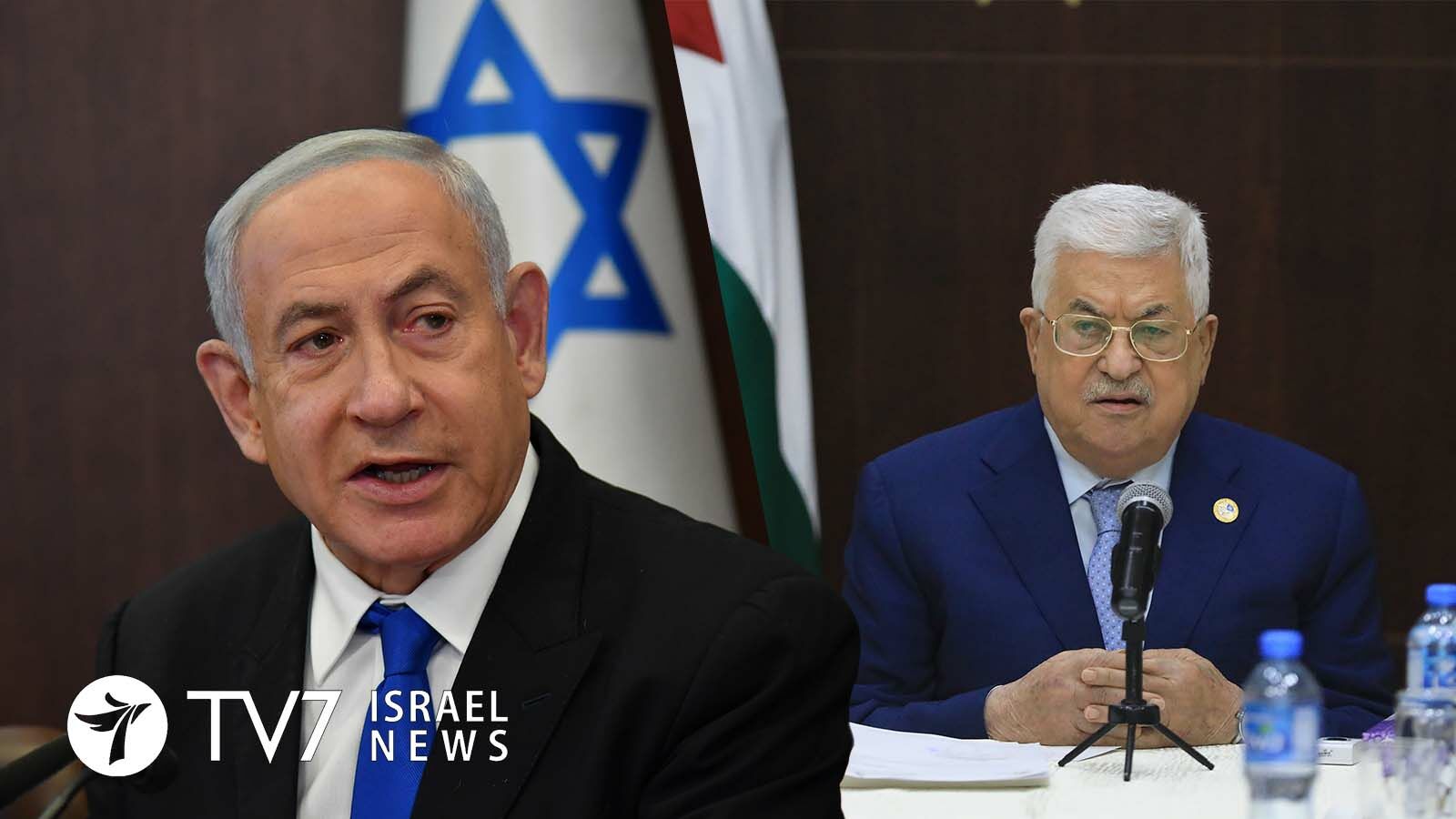The meeting was held amid mounting anxiety over Palestinian clashes with Israeli security forces in the West Bank, particularly ahead of upcoming observance of the Islamic holy month of Ramadan in late March.
By Erin Viner
The talks in the Jordanian Red Sea city of Aqaba brought top Israeli and Palestinian security chiefs together for the first time in many years in efforts to restore calm in Israel, the West Bank and Gaza Strip, said officials.
Yesterday’s gathering was timed just prior to celebration of Ramadan, which in recent years has been marked by a resurgence of Palestinian rioting.
Israel and Palestinian officials said in a joint statement that they would work closely to prevent “further violence” and “reaffirmed the necessity of committing to de-escalation on the ground.” (See full text of US State Department announcement below)
Host nation Jordan, along with Egypt and the United States, considered “these understandings as major progress towards re-establishing and deepening relations between the two sides,” said the communiqué, adding that the sides also agreed to meet again in Sharm el-Sheikh in Egypt next month to “maintain positive momentum and expand this agreement towards wider political process leading to a just and lasting peace.”
United States National Security Council Coordinator for the Middle East & North Africa Brett McGurk was among those to attend the discussions.
Palestinian terror factions, including the Islamist Hamas rulers of Gaza, condemned the West Bank-based Palestinian Authority for participating in the talks with Israel.
One assertion included in the Aqaba statement was immediately denounced by Israeli leaders.
“The Government of Israel and the Palestinian National Authority confirmed their joint readiness and commitment to immediately work to end unilateral measures for a period of 3-6 months. This includes an Israeli commitment to stop discussion of any new settlement units for 4 months and to stop authorization of any outposts for 6 months,” read the text.
“Contrary to tweets, construction and order in Judea and Samaria will continue in accordance with the original planning and construction schedule, without any change. There is and will not be any freeze,” Israeli Prime Minister Benjamin Netanyahu wrote on social media.
Echoing that stance, Israeli National Security Council Director Tzachi Hanegbi issued a statement, stressing, “Contrary to reports and tweets about the meeting in Jordan, there is no change in Israeli policy. In the coming months, the State of Israel will authorize nine outposts and approve 9,500 new housing units in Judea and Samaria. There is no construction freeze or change in the status quo on the Temple Mount; neither is there any restriction on IDF activity.”
Israel induced controversy earlier this month by retroactively authorizing nine Jewish settler outposts in the West Bank while simultaneously announcing mass-construction of new homes within established communities. The United Nations Security Council issued a formal statement denouncing the plan – which notably marked the first such resolution against its ally Israel that the United States failed to veto in six years.
Full Text of the Aqaba Joint Communiqué released by the US State Department
The following text reflects the Joint Communiqué following today’s meeting in Aqaba, Jordan:
At the invitation of the Hashemite Kingdom of Jordan, Jordanian, Egyptian, Israeli, Palestinian and U.S. Senior Officials met in Aqaba, Jordan today, 26 February 2023.
Following comprehensive and frank discussions, the participants announced the following:
- The two sides (Palestinian and Israeli sides) affirmed their commitment to all previous agreements between them, and to work towards a just and lasting peace. They reaffirmed the necessity of committing to de-escalation on the ground and to prevent further violence.
- The five parties recognize the importance of upholding unchanged the historic status quo at the holy sites in Jerusalem in word and practice, and emphasizes in this regard the Hashemite Custodianship / special role of Jordan.
- The Government of Israel and the Palestinian National Authority confirmed their joint readiness and commitment to immediately work to end unilateral measures for a period of 3-6 months. This includes an Israeli commitment to stop discussion of any new settlement units for 4 months and to stop authorization of any outposts for 6 months.
- The five parties agreed to convene again in Sharm El Sheikh in March to achieve the goals listed above.
- The participants also agreed to pursue confidence-building measures and strengthen mutual trust in order to address outstanding issues through direct dialogue. The two parties will work in good faith to assume responsibilities and to enhance mutual trust through this arrangement.
- Jordan, Egypt and the United States consider these understandings as major progress towards re-establishing and deepening relations between the two sides and commit to assisting and facilitating as appropriate their implementation.
- The participants stressed the importance of the Aqaba meeting, the first of its kind in years. They agreed to continue meeting under this formula, maintain positive momentum and expand this agreement towards wider political process leading to a just and lasting peace.
- The participants thanked Jordan for organizing and hosting this meeting and for its efforts to ensure it produced positive results. They also thanked Egypt for its support and essential role and active participation.
They also thanked the United States for its important role in efforts to reach understandings that led to this agreement today, emphasizing its indispensable role in efforts to prevent deterioration and find horizons for peace.
